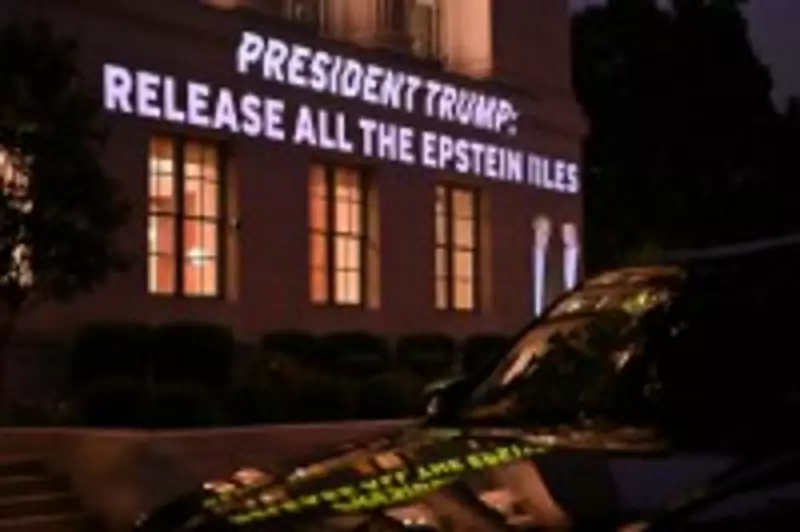
In a significant move that promises to reignite public scrutiny, Republican Congressman Thomas Massie has set in motion a procedure to compel the public disclosure of long-withheld documents related to the Jeffrey Epstein scandal. The initiative comes as the US House of Representatives reconvenes in Washington DC.
Utilising a procedural mechanism known as a 'resolution of inquiry', Rep. Massie is directly challenging the Biden administration's Department of Justice. The resolution demands the Attorney General hand over all documents and communications possessed by the DOJ that reference or are related to Epstein and his associate, Ghislaine Maxwell.
Bypassing Traditional Hurdles
The strategic use of a resolution of inquiry is a powerful parliamentary tool. Unlike standard bills that can be easily stalled in committee, this type of resolution is privileged. This status mandates that the relevant committee—in this case, the Judiciary Committee—must consider it within a strict 14-legislative-day window or face the prospect of it being brought directly to the House floor for a vote, bypassing potential obstruction.
This manoeuvre increases the pressure on the committee leadership to act and brings the quest for transparency to the forefront of the congressional agenda.
A Bipartisan Demand for Transparency
Rep. Massie's action underscores a persistent, bipartisan demand for answers in a case that has fuelled public conspiracy theories and eroded trust in institutions. The Epstein case, involving allegations of a high-profile sex trafficking ring, has been shrouded in secrecy, with many documents remaining under seal or heavily redacted despite court battles and public interest.
The release of these files is sought by those who believe they may reveal the full extent of Epstein's network and answer lingering questions about the investigation and his controversial death in a federal prison in 2019.
As the House returns to session, all eyes will be on the Judiciary Committee to see how it responds to this forceful push for disclosure, a move that could potentially unveil one of the most notorious scandals in recent American history.





